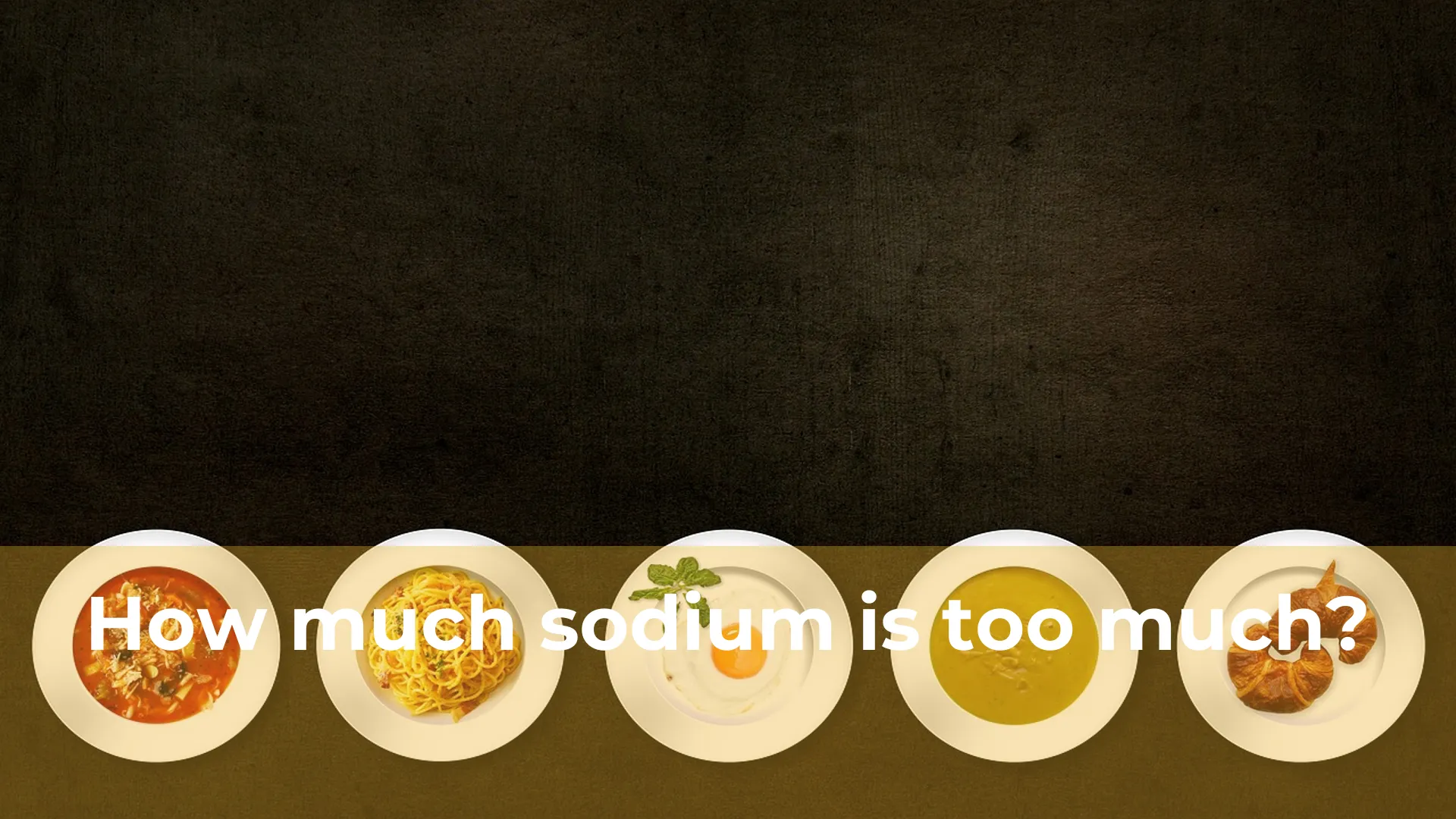How much sodium is too much?
It’s no secret that excessive sodium intake can have detrimental effects on our health. But how much sodium is too much? This is a question that many people often wonder about, and the answer may surprise you. In this article, we’ll delve into the recommended daily sodium intake, the risks associated with consuming too much sodium, and ways to reduce your sodium intake to maintain a healthy lifestyle. Whether you’re a health-conscious individual or simply curious about the impact of sodium on your well-being, this article will provide you with valuable insights into the world of sodium consumption.
1. The Dangers of Excessive Sodium Intake
Excessive sodium intake has become a significant health concern in today’s society. From processed foods to restaurant meals, our diets are often packed with high levels of sodium, which can have serious consequences for our well-being. Studies have linked excessive sodium consumption to an increased risk of high blood pressure, heart disease, and stroke. Understanding the dangers associated with excessive sodium intake is crucial for individuals looking to make healthier choices and improve their overall health.
One of the main dangers of excessive sodium intake is its impact on blood pressure. Sodium attracts water and causes the body to retain fluid, which puts added pressure on the blood vessels and heart. Over time, this increased pressure can lead to hypertension, or high blood pressure, a condition that affects millions of people worldwide. Hypertension is a silent killer, often showing no symptoms until it is too late. By reducing sodium intake, individuals can significantly lower their blood pressure and reduce the risk of heart disease and stroke.
In addition to its effect on blood pressure, excessive sodium intake can also have detrimental effects on kidney function. The kidneys play a crucial role in maintaining the body’s fluid balance and filtering waste products from the blood. When sodium levels are high, the kidneys have to work harder to remove the excess sodium, which can lead to kidney damage over time. People with pre-existing kidney conditions or those at a higher risk should be especially cautious about their sodium intake to protect their kidney health.
2. Understanding the Role of Sodium in our Diet
Sodium is an essential mineral that plays a crucial role in our diet. While it is often associated with negative health effects, such as high blood pressure, it is important to understand that sodium is necessary for a variety of bodily functions. Sodium helps maintain the balance of fluids in our cells, regulates blood pressure, and supports proper nerve and muscle function. However, consuming too much sodium can have detrimental effects on our health. It is important to strike a balance and be aware of the sources of sodium in our diet.
Understanding the role of sodium in our diet can help us make informed decisions about our food choices. Many processed and packaged foods are high in sodium, as it acts as a preservative and enhances flavor. This means that even if we don’t add salt to our meals, we may still be consuming more sodium than is recommended. Reading food labels and opting for fresh, whole foods can help reduce sodium intake. Additionally, incorporating other flavor enhancers, such as herbs and spices, can help reduce reliance on sodium for taste. By understanding the role of sodium and making conscious choices, we can maintain a healthy balance in our diet.

